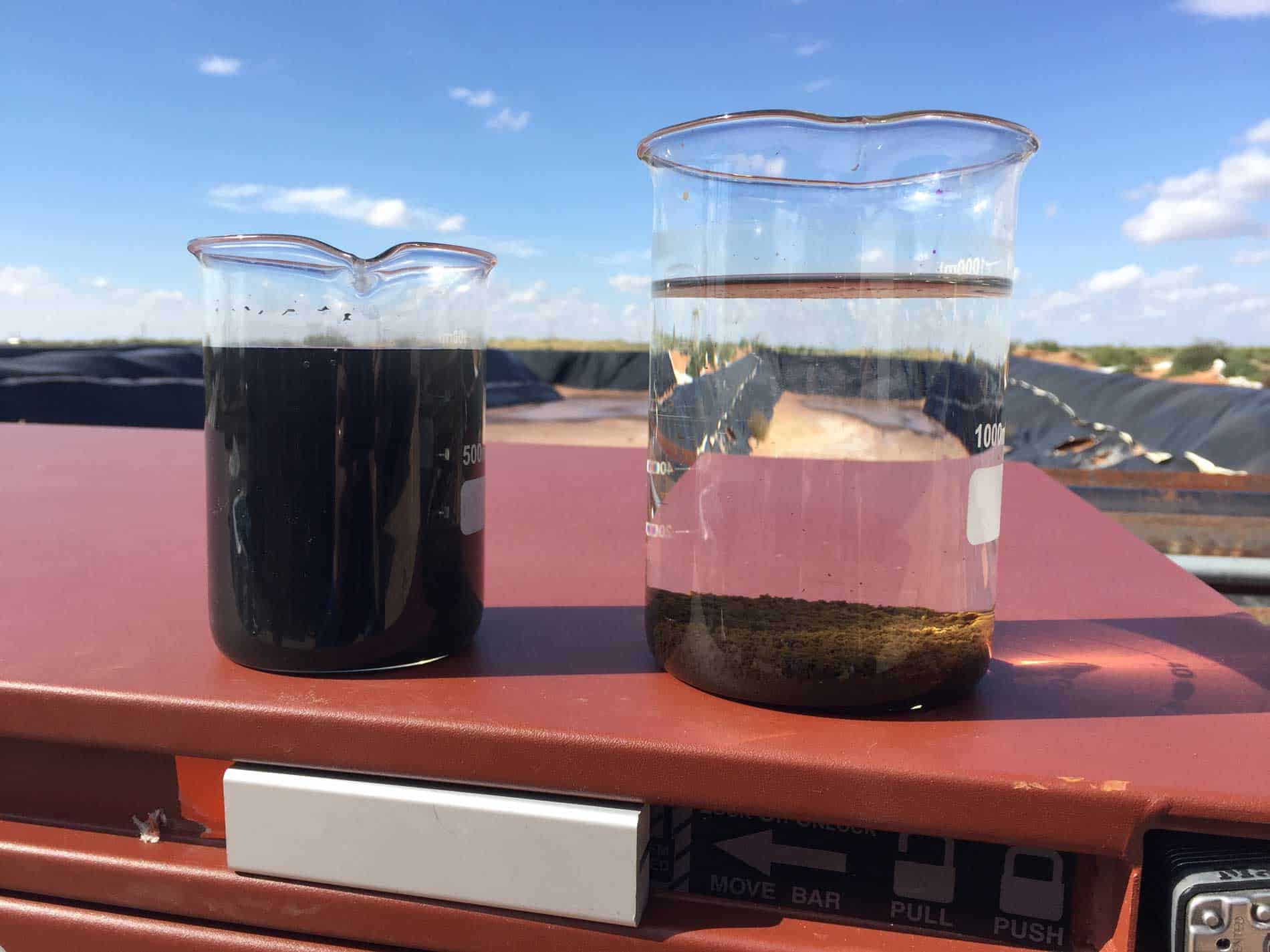NF EN ISO 10523 pH of Process Water Testing
The NF EN ISO 10523 standard provides a method to determine the pH value of process water. This test is critical in oil and gas production, particularly for produced water management, ensuring compliance with environmental regulations and optimizing operational efficiency.
Produced water constitutes a significant portion of the total volume of fluids extracted during oil and gas operations. Managing this resource effectively requires precise monitoring and control of its chemical properties, including pH levels. Deviations in pH can lead to scaling issues within production facilities, corrosion of equipment, and environmental pollution if not properly managed.
The NF EN ISO 10523 test ensures that process water is maintained at optimal pH levels for various processes such as reinjection into reservoirs or reuse in field operations. By adhering to this standard, operators can minimize operational risks while meeting stringent environmental standards set by regulatory bodies like the U.S. Environmental Protection Agency (EPA) and the International Organization for Standardization (ISO).
The test procedure outlined in NF EN ISO 10523 involves measuring the pH of a representative sample of process water using a calibrated pH meter or similar instrument. The sample must be prepared according to specified guidelines, ensuring it is free from any external contamination that could skew results.
Once measured, the pH value should fall within specific acceptance criteria defined by the standard. Compliance with these standards helps in maintaining consistent quality across different batches of produced water and ensures that all regulatory requirements are met. This consistency is vital for long-term operational sustainability and environmental stewardship.
In summary, NF EN ISO 10523 pH testing plays a crucial role in oil & gas production by providing accurate and reliable data on the chemical composition of process waters. It supports decision-making processes related to resource management, compliance with legal frameworks, and overall efficiency improvements within the industry.
Applied Standards
The NF EN ISO 10523 pH testing method is widely recognized and adopted globally for its robustness and precision. It aligns closely with other international standards such as ASTM D4875, which covers the determination of pH of water used in oil field operations.
- ASTM D4875: This standard specifies procedures for measuring the pH value of waters utilized in various aspects of petroleum and natural gas operations. It complements NF EN ISO 10523 by offering additional insights into how pH affects different phases of oil production.
- ISO 6944: While not specifically targeting process water, this standard provides general guidelines on sampling techniques which are applicable when preparing samples for pH testing under NF EN ISO 10523.
By adhering to these standards, laboratories and facilities ensure they are using best practices that have been validated through rigorous testing across diverse environments. This consistency enhances credibility among stakeholders involved in oil & gas production activities.
Why Choose This Test
The NF EN ISO 10523 pH of process water test is essential for several reasons, particularly within the context of oil and gas operations:
- Environmental Compliance: Adhering to this standard ensures that produced waters are managed in a way that minimizes environmental impact. By keeping pH levels within acceptable ranges, operators can prevent contamination of nearby water bodies.
- Economic Benefits: Maintaining optimal pH levels reduces the risk of equipment damage due to corrosion or scaling. This translates into lower maintenance costs and extended lifespan for critical machinery used in extraction processes.
- Enhanced Operational Efficiency: Precise pH measurements help operators fine-tune their operational parameters, leading to more efficient use of resources like water and chemicals. Such optimizations can result in significant cost savings over time.
- Regulatory Approval: Many countries require oil & gas companies to demonstrate compliance with international standards when applying for permits or seeking approval for new projects. Meeting the requirements set forth by NF EN ISO 10523 adds credibility and expedites these processes.
In conclusion, choosing this test not only helps maintain environmental integrity but also contributes significantly towards operational excellence within the oil & gas sector. Its importance cannot be overstated given its direct impact on both immediate costs and long-term sustainability goals.





